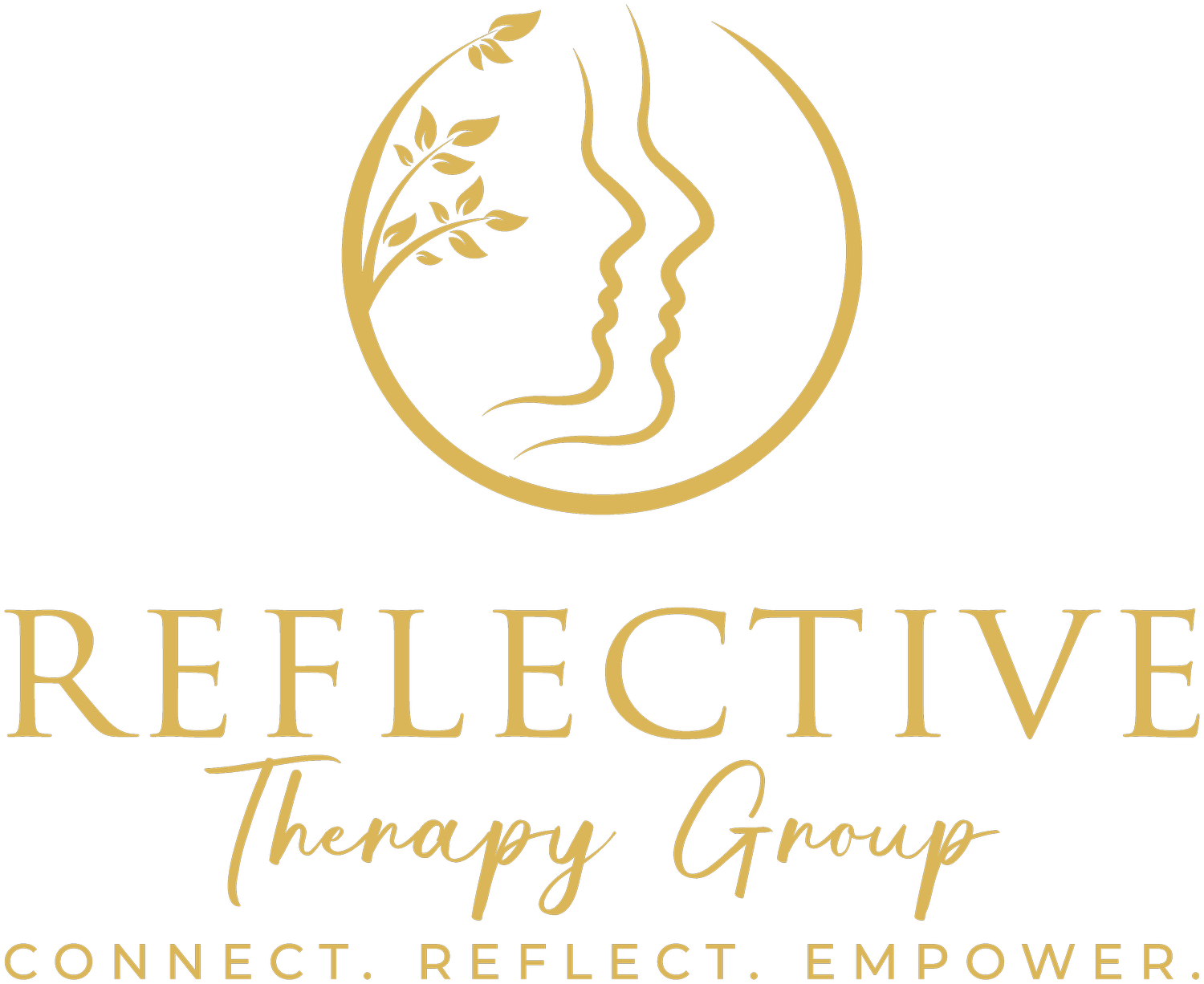Welcome to the Reflective Therapy Group!
Reflection — A cognitive process that involves contemplating, thinking, or pondering upon one's thoughts, emotions, experiences, and actions. It is a deliberate and conscious examination of oneself and the world around them, aiming to gain insight, understanding, and meaning. Reflection allows individuals to explore their thoughts and feelings, examine their beliefs and values, assess their behaviors and decisions, and make connections between different aspects of their lives. It often involves introspection, self-questioning, and deep consideration to enhance self-awareness, personal growth, and learning. Reflection can be facilitated through various practices such as journaling, meditation, therapy, and engaging in meaningful conversations with others.
Providing Adult Psychotherapy Services in Maryland and Oregon
The Reflective Therapy Group (RTG) is a group practice providing both in-person psychotherapy services in the Baltimore area as well as teletherapy. We believe in the value of REFLECTION — both self-reflection and reflection that occurs as we build relationships and connections with others. We aim to provide a therapeutic relationship where you feel safe to look at yourself in depth and also grow through the connection and insight you gain from connecting with one of our well-trained, compassionate, and insightful therapists. Sometimes we have to see ourselves reflected in the eyes of others in order to develop a deeper understanding of who we really are.
We are a psychanalytically oriented group practice. Psychoanalytic psychotherapy focuses on:
Understanding how we have been impacted by our upbringing, experiences, relationships, and culture — how we have become the person we are today
Identifying and understanding recurring themes or patterns we see in our lives (often things we have tried to change but have not been able to)
Exploring how we see ourselves and how our way of seeing ourselves impacts us in our day-to-day lives
Understanding our patterns of relating to others, exploring ways to shift dysfunctional patterns
Identifying, understanding, and appropriately expressing a full range of our emotions
Use of the therapy relationship to enhance one’s self-understanding
Exploring aspects of our thoughts and behavior that are not conscious but influence us (e.g. you notice yourself dating the same type of person repeatedly despite your best efforts NOT to do so)
Honoring the individuality and uniqueness of each person (versus using a standardized, one size fits all approach to treatment)
“Nothing goes away until it teaches us what need to know”


















